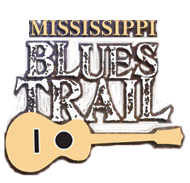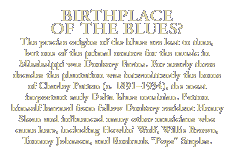
The Thread & the Trail
Rosanne Cash’s The River and the Thread
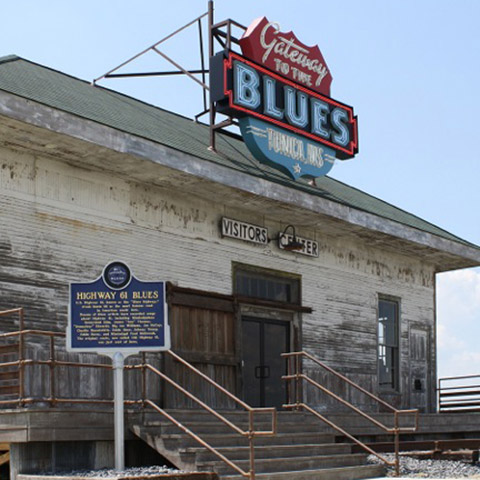 | 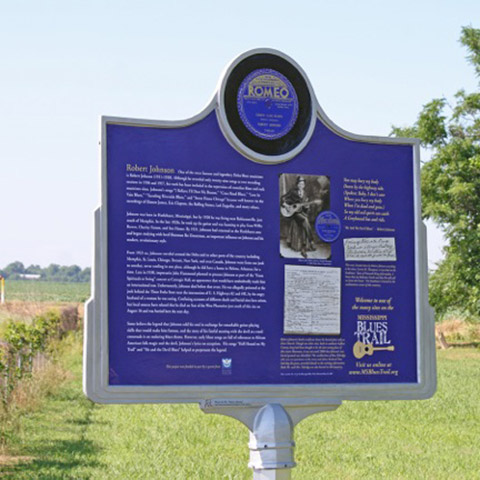 | 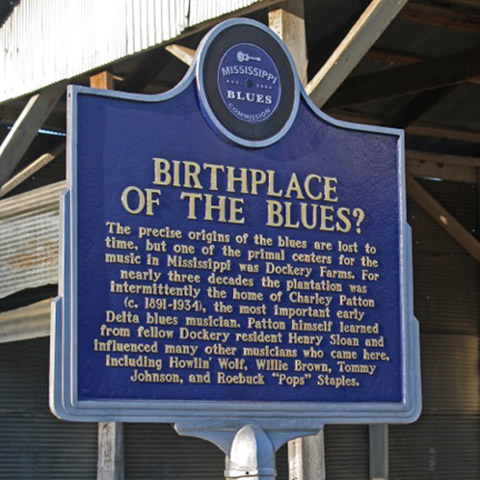 | 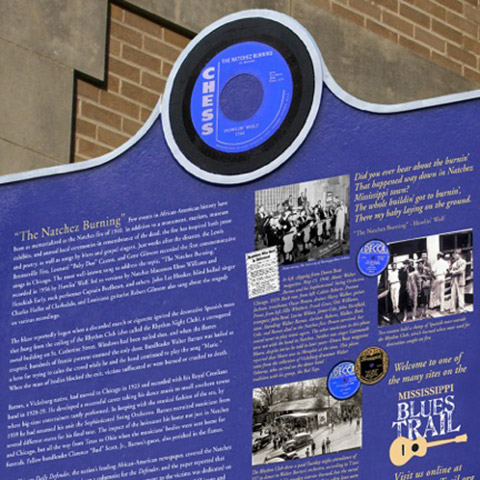 | 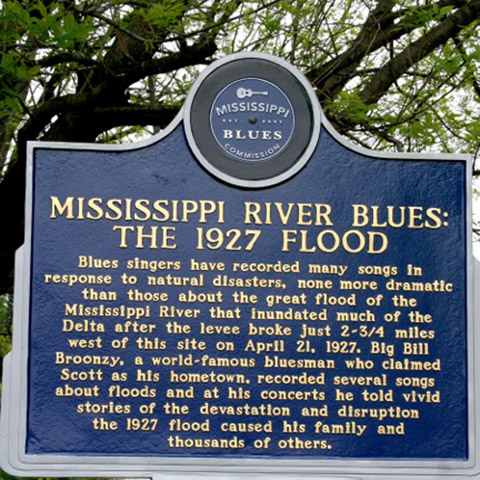 |
Rosanne Cash, the eldest daughter of Johnny Cash and an acclaimed recording artist/songwriter in her own right, has just released “The River & The Thread,” in which she revisits her Southern roots. A longtime resident of New York City, Cash was born in Memphis; her father was a native of Arkansas. The album has been described as a journey along Highway 61—which follows the Mississippi River from Minnesota to the Gulf of Mexico. Go here and here to see the two Highway 61-themed markers on the Mississippi Blues Trail.
On a recent edition of CBS’ Sunday Morning, Cash revisited some of the sites mentioned by her songs, including “Money Road,” which refers to the highway just north of Greenwood, Mississippi. Within several miles, she noted, is Bryant’s Grocery, where the Emmett Till saga began in 1955; the Tallahatchie Bridge immortalized by Bobbie Gentry; and the gravesite of Robert Johnson, the location of a Mississippi Blues Trail marker. There’s also a Mississippi Freedom Trail marker at Bryant’s Grocery, while a Mississippi Country Trail marker for Bobbie Gentry sits at the southern end where Money Road crosses the Tallahatchie River. According to an article in Esquire Magazine, Cash’s playlist contains Gentry’s “Ode to Billie Joe.”
Johnson’s “Crossroad Blues” is also on Cash’s playlist, as is the Staple Singers’ “This May Be the Last Time.” Group leader Roebuck “Pops” Staples grew up, as Cash notes, on Dockery Plantation near Drew, where he learned from blues pioneer Charley Patton. A Mississippi Blues Trail marker at Dockery is titled “Birthplace of the Blues?“
Cash’s playlist also includes Howlin’ Wolf’s song “The Natchez Burning,” which chronicles a 1940 nightclub fire that took the lives of over two hundred people, including many members of Walter Barnes’ band. The story is told on a Blues Trail marker in downtown Natchez, where other markers acknowledge Bud Scott, the Ealey Brothers, and Papa Lightfoot.
Another of her selections is Randy Newman’s “Louisiana 1927,” a moving song about the great Mississippi River flood that became an unofficial anthem after New Orleans was flooded from Hurricane Katrina. The 1927 flood is acknowledged on the Blues Trail marker “Mississippi River Blues” in Scott, Mississippi, where the river burst violently through the levee and flooded much of the Delta. The marker also addresses Big Bill Broonzy, who claimed to have been born in Scott, and songs about the flood, including Charley Patton’s great “High Water Everywhere.”
[ BACK TO TOP ]
